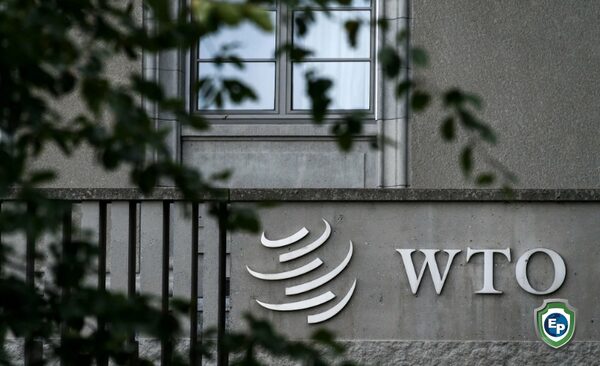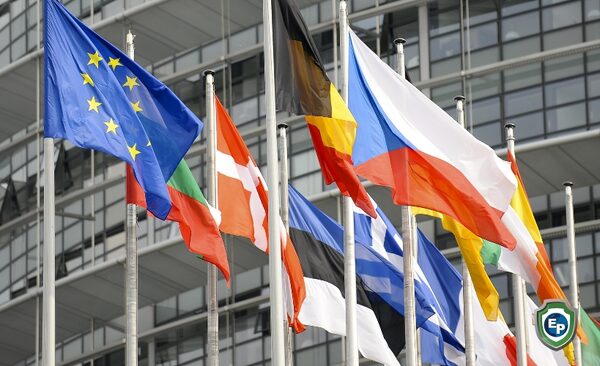The WTO’s Ongoing Fishing Saga
The phrase, “There are plenty of fish in the sea,” is sadly becoming less and less accurate. Overfishing has wreaked havoc on our oceans, prompting some to advocate for a complete ban on seafood consumption (or at least people in wealthy nations who have other affordable food options). Nonetheless, many people, particularly those in developing nations, rely on fishing for a living. Although industrial fishing has played a significant role in this crisis, large-scale fisheries are capable of delivering fish exports and imports. The World Trade Organization (WTO) is facing a major problem as a result of all of the circumstances surrounding this issue.

Efforts from the WTO
Because 37% of fish trading is international, the WTO still plays a significant role in saving our oceans. But it is struggling. All 164 members of the WTO—including landlocked countries—have to sign off on any deal, making the situation more difficult. Fortunately, after well over a year, the WTO’s ongoing fishing saga seems set to end. On September 1st, the last few frantic parleys among WTO members to iron out discrepancies on a planned fisheries subsidy accord began, offering hope that this will be the final round of back-and-forth discussions.
The agreement’s main aim is to discipline subsidies to promote sustainable fishing and eliminate illegal, unreported, and unregulated fishing, which contributes to overfishing. One stumbling block to the deal echoes the struggles to agree on global emissions targets and other environmental policies. Developing nations—India in this case—argue in favor of a “polluter pays” strategy, in which developed countries who have already become rich should carry the burden of any eco-conscious policies that might hinder economic interests in the short or medium term.
India’s argument is apparently reasonable when these developed nations can afford to subsidize their fisheries with billions of dollars, much more than India can. Furthermore, many of their fishers are of the subsistence kind, not international fisheries. On the other hand, there are limits to this point. Countries like the US could ban fishing entirely, but it still won’t help local fishing stocks in Indian waters if India doesn’t enact a strong enough policy.
Hope for a Consensus View
Let’s hope that by the time the 12th ministerial conference begins in Geneva on November 30th, the WTO will have produced an agreement that is to the liking of all 164 members. International organizations such as the United Nations and the World Health Organization have been receiving more and more criticism, even when they are arguably needed more than ever before. In response to the Covid-19 pandemic, many countries adopted an “us-first” mentality that saw restrictions or outright bans on exports of medical equipment and masks. The WTO needs to demonstrate it can get things done. If the WTO can present an agreement that promotes both environmental and economic objectives, it will go a long way to proving its value. Especially now, when the pandemic has hurt seafood trade.

Learn More With Export Portal
Export Portal is a comprehensive global trade hub that has everything you need to trade safely and securely. We prioritize security, transparency, cost-effectiveness, and ease of use. Subscribe to our newsletter today and stay in the loop!


